Search
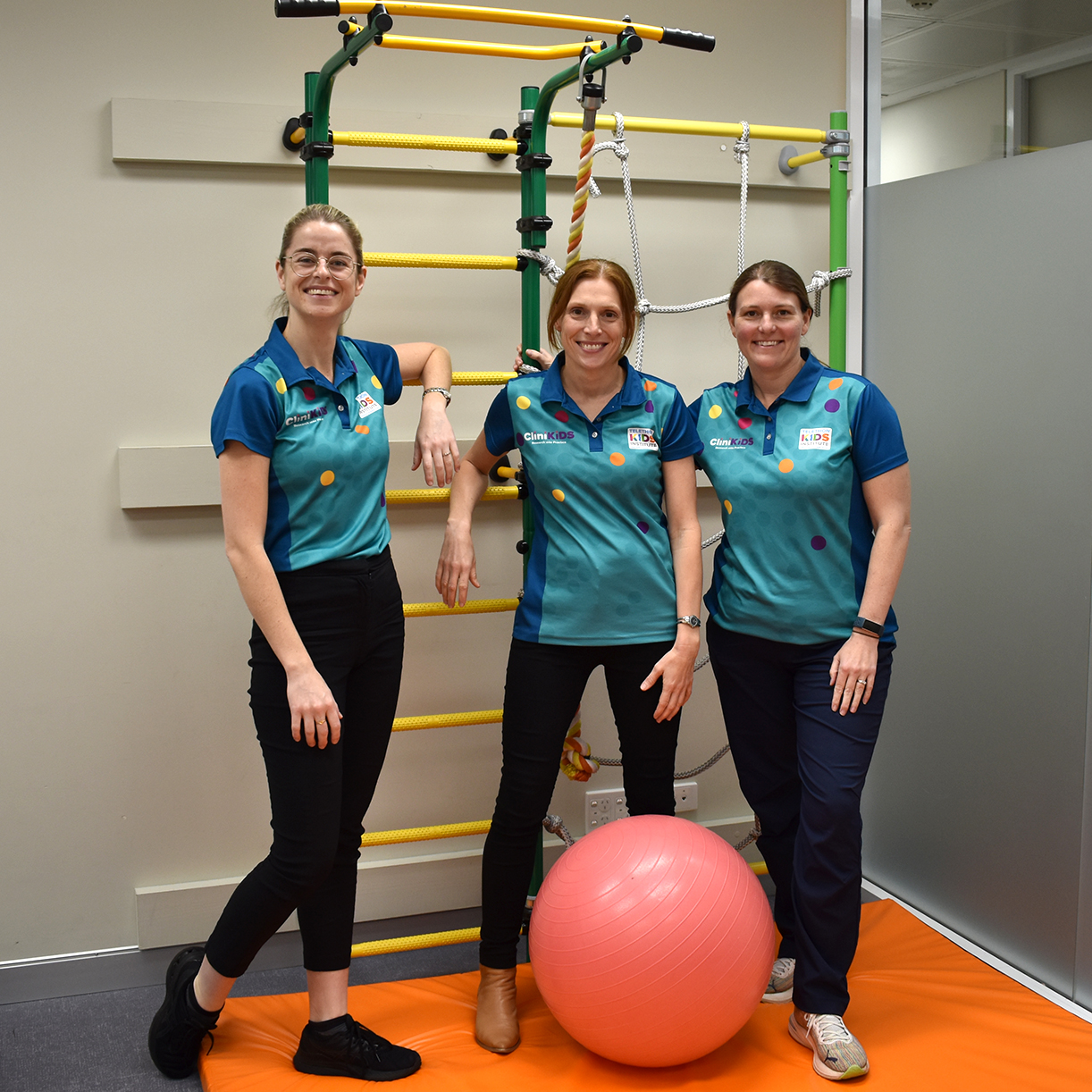
News & Events
Celebrating our OTsTo celebrate World Occupational Therapy (OT) day, we asked our Occupational Therapists to describe what OT means to them.

News & Events
Welcome Kandice!CliniKids is excited to welcome Dr Kandice Varcin to the team as part of a new partnership between The Kids Research Institute Australia and Griffith University.
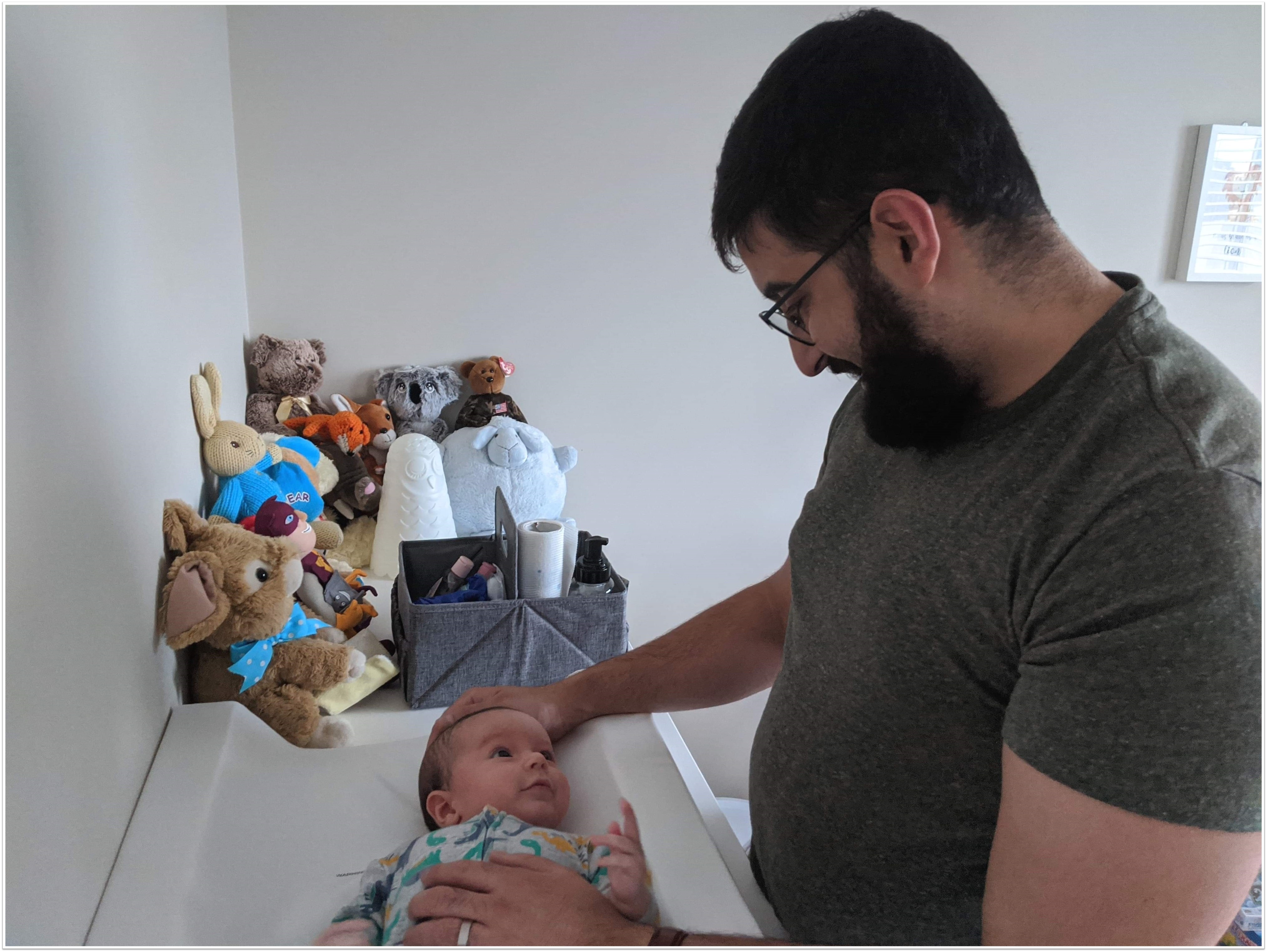
News & Events
Research at CliniKidsAt CliniKids, it is important that the services we offer are informed by the children and families that utilise our services.
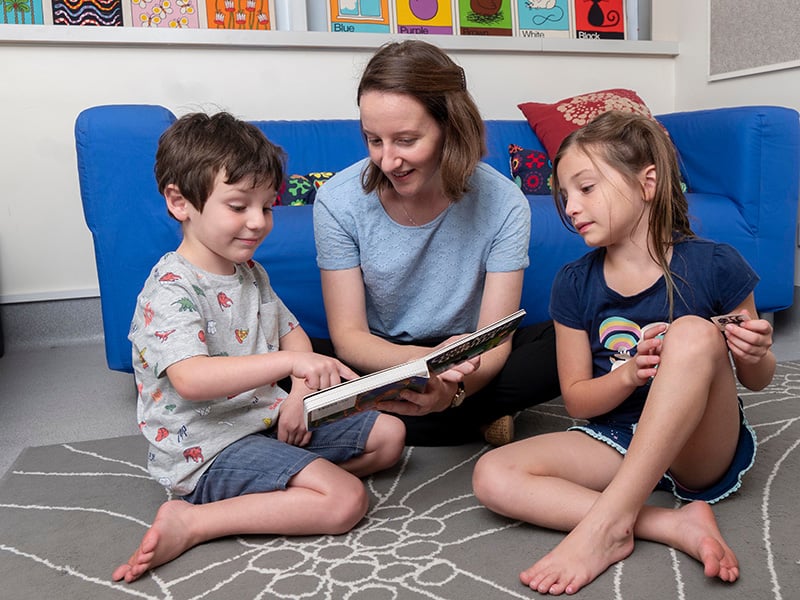
News & Events
CliniSibsCliniSibs is an after-school small group program designed to support siblings of autistic children.
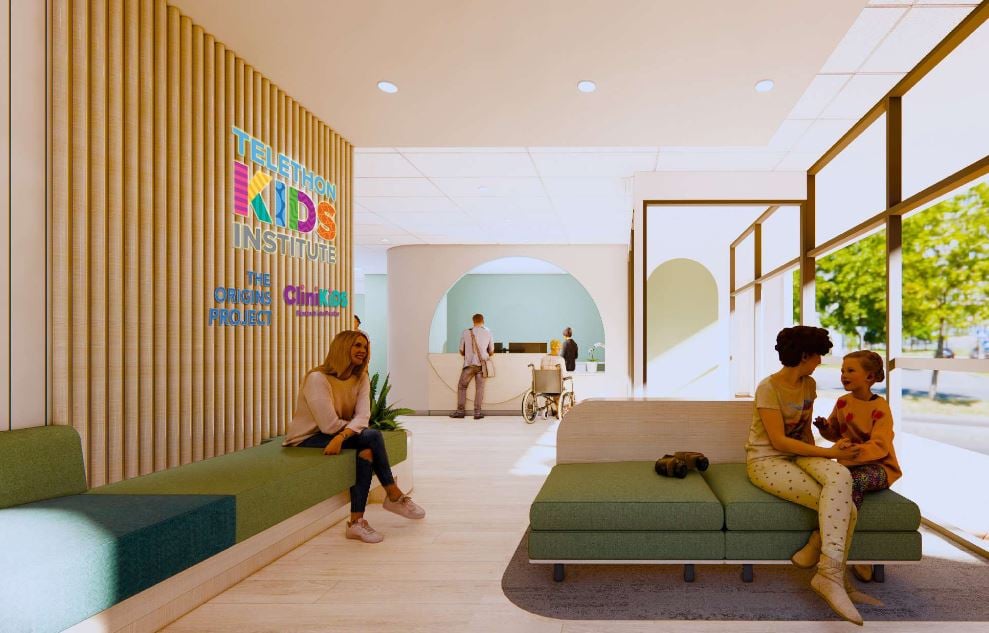
News & Events
Joondalup clinic newsCliniKids’ new clinic in the Joondalup area is coming along nicely and is on track to open around the middle of the year.
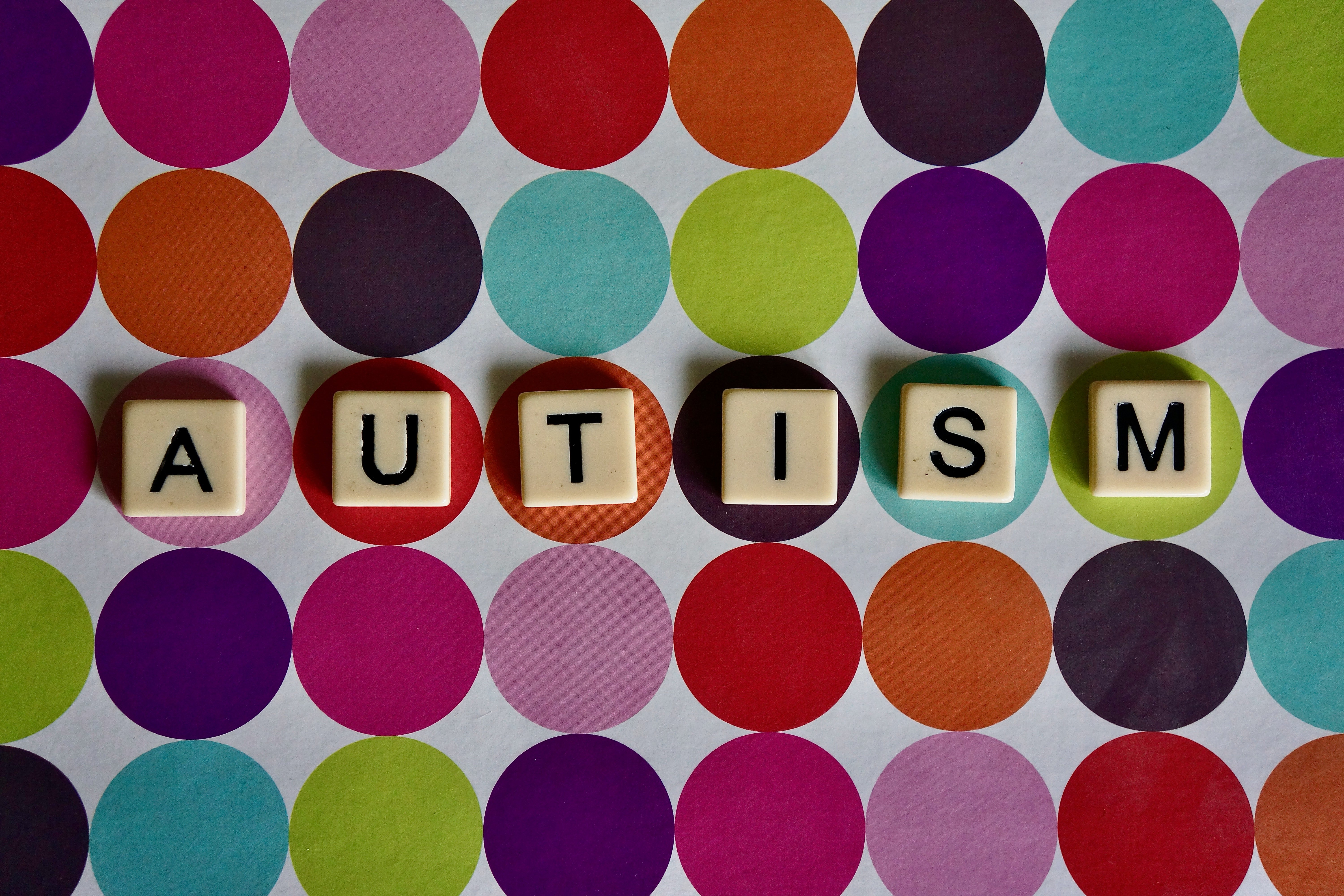
News & Events
Autism Month!April is Autism Month and to mark the occasion, we’re transforming our reception desk in the clinic to an AMAZING wall for our families to contribute to.
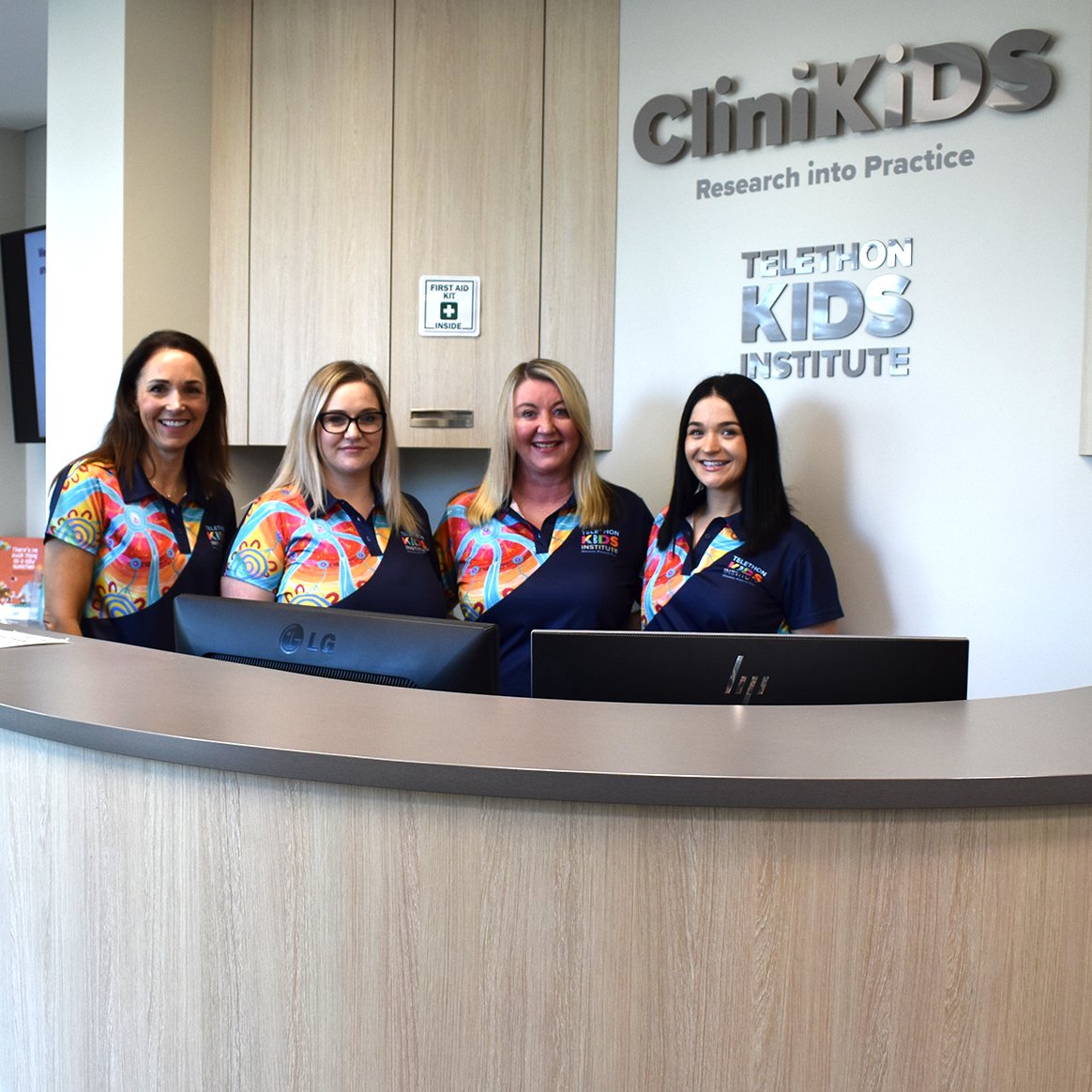
News & Events
Client support at CliniKidsNicki, Leah, Tracy, and Amy make up our wonderful Client Support team at CliniKids. The team was established in mid-2021 as services began to grow.
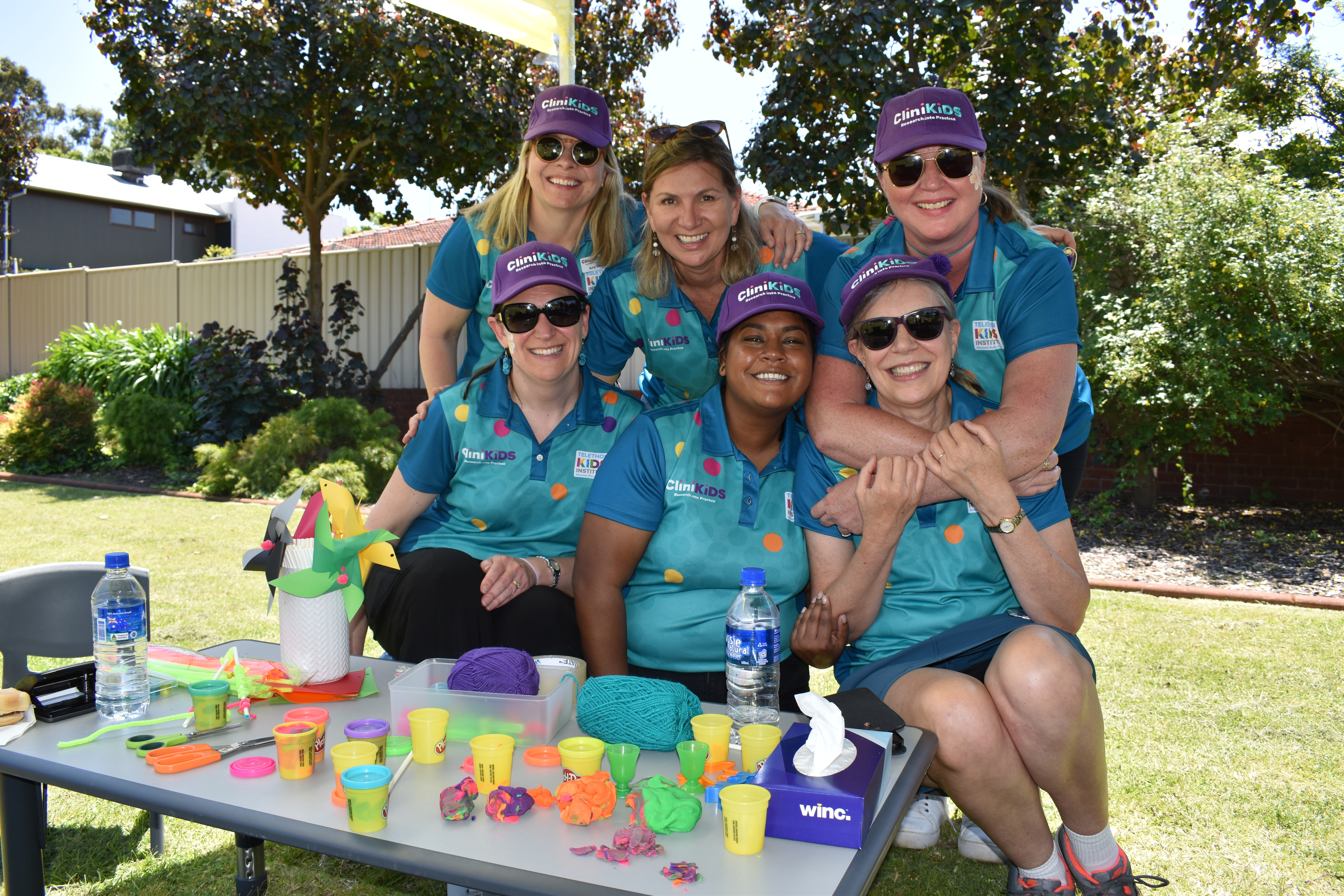
News & Events
Frangipani Family Day a huge success!CliniKids held its inaugural Frangipani Family Day recently – an event organised to honour the wonderful contribution of its much loved and dearly missed colleague, the late Kate Sorensen.

News & Events
Meet the Client Support TeamThe Client Support Team at CliniKids has some new faces! Nicki and Amy join our lovely Tracy.

News & Events
Welcome to the team Leah!Meet Leah – the latest addition to the CliniKids team. We asked Leah, our new Operations Manager, a couple of questions to get to know her.
